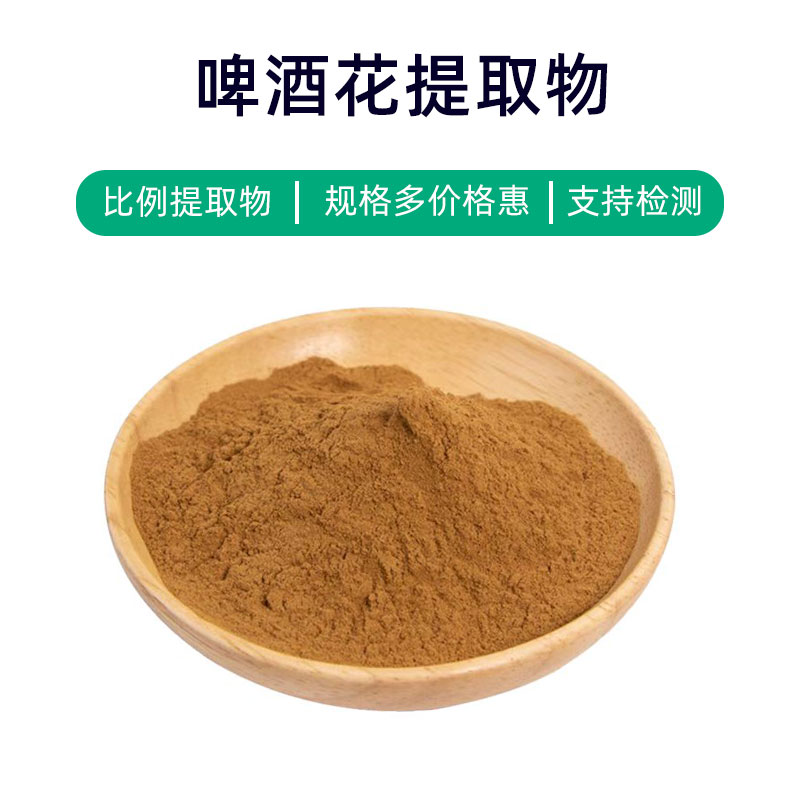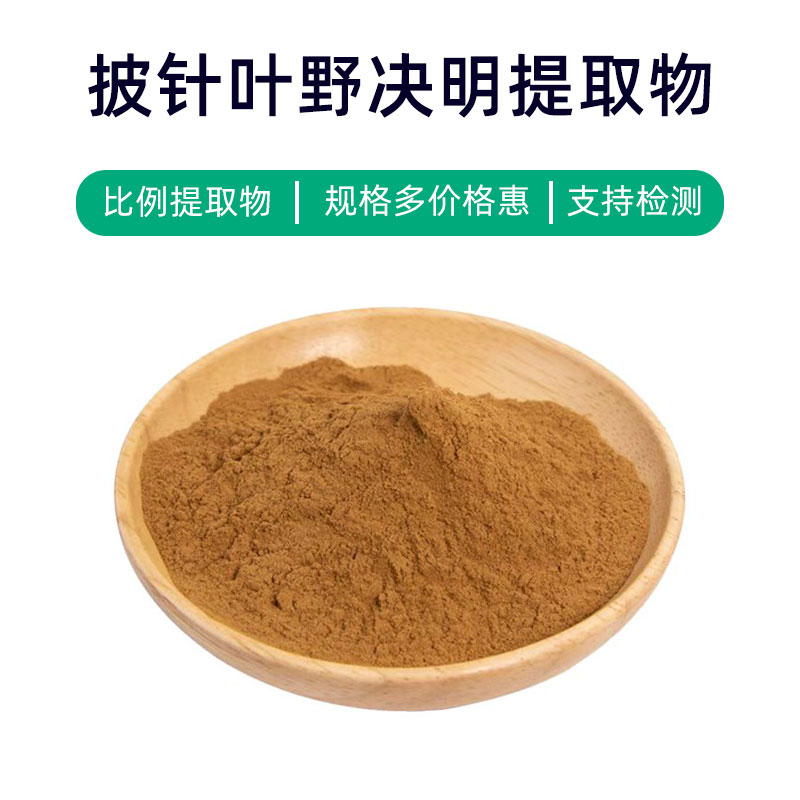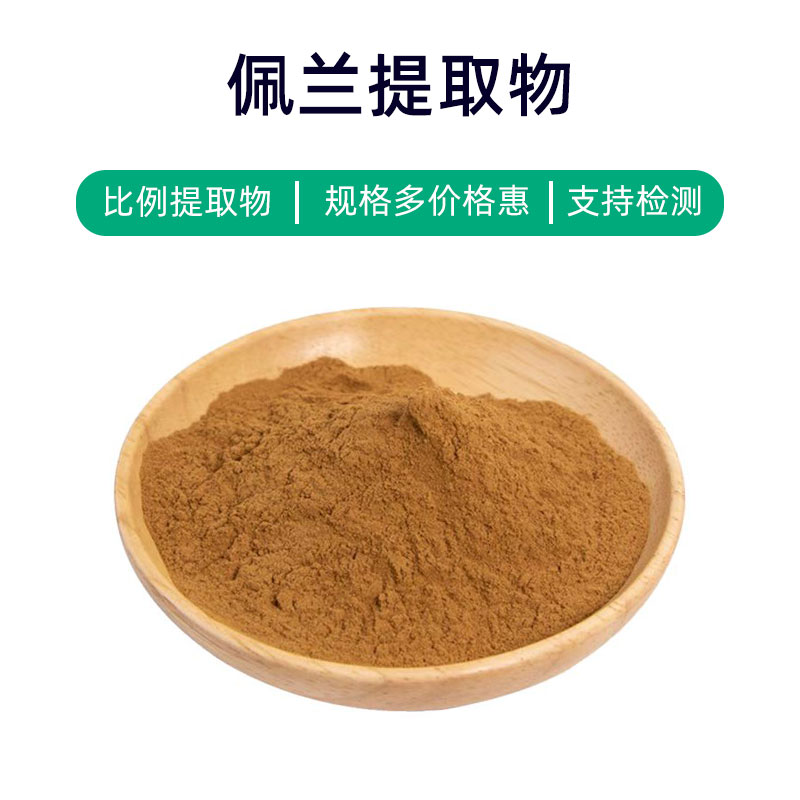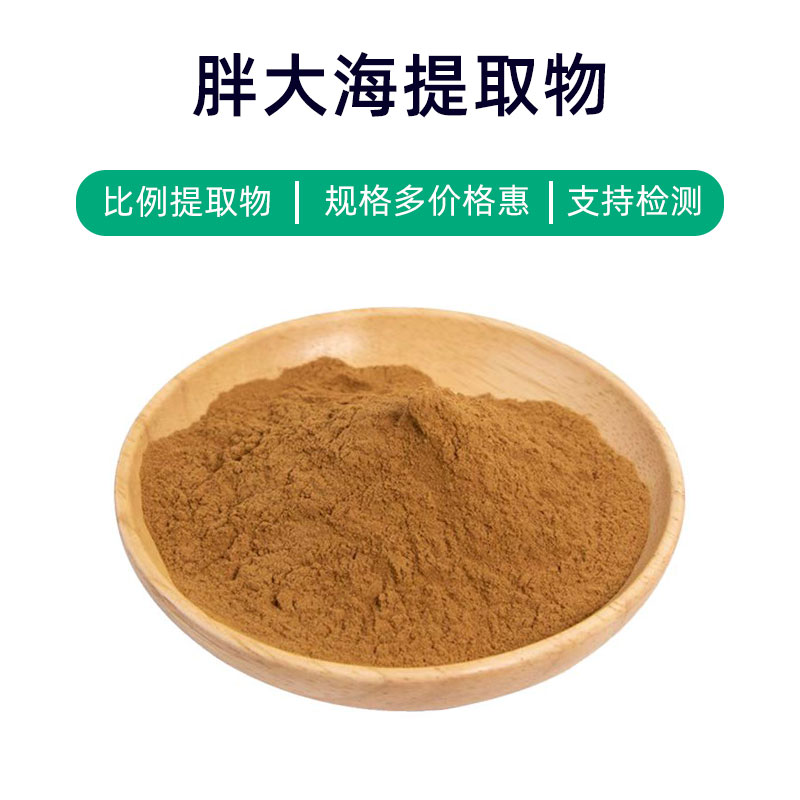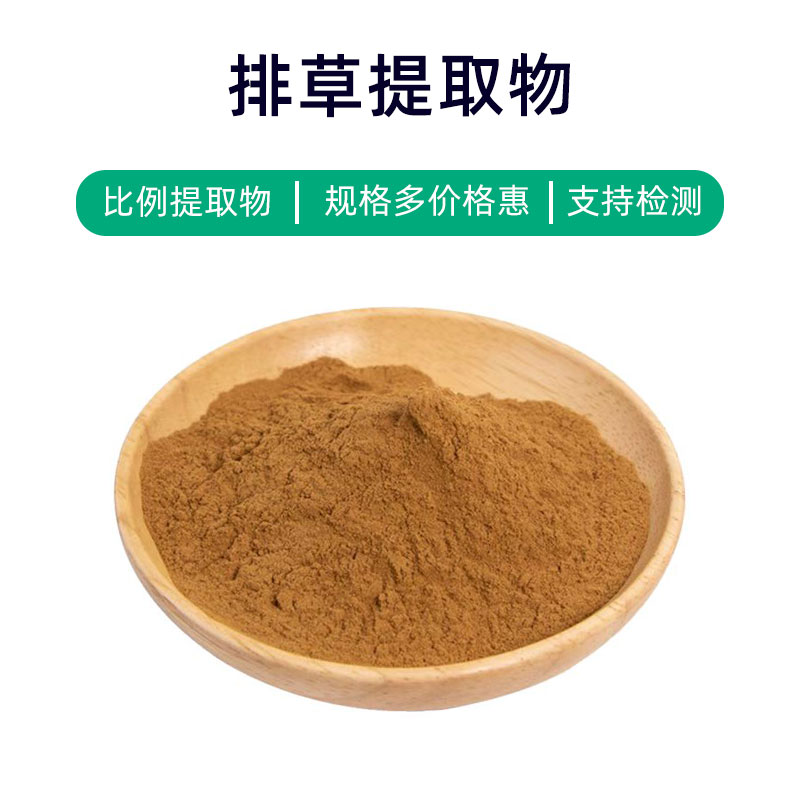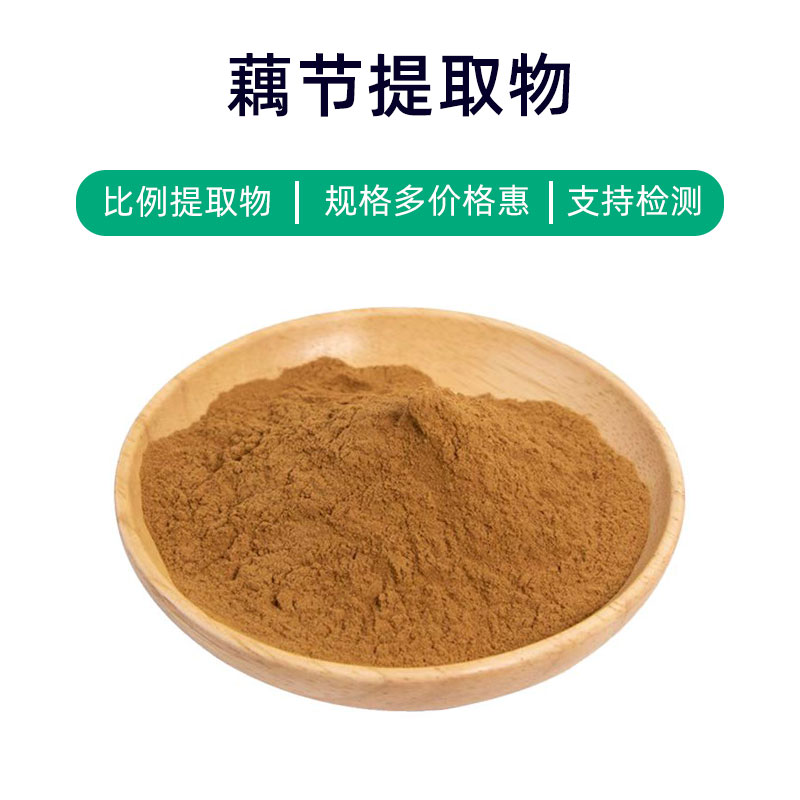Bitter Melon Tea Extract Product Introduction
Bitter melon tea extract is a natural plant extract derived from the fruit of the bitter melon. Its main components include flavonoids, bitter compounds, vitamin C, and proteins. It is widely used in the health supplement, food additive, and pharmaceutical industries.
This extract is rich in various active ingredients, with flavonoids and bitter compounds being its primary effective components. Flavonoids have antioxidant, anti-inflammatory, and antibacterial properties that help boost the body’s immunity and slow down aging. Bitter compounds can lower blood sugar and lipid levels, assisting in the regulation of blood sugar and lipids.
In the pharmaceutical field, bitter melon tea extract is commonly used in the preparation of medications for lowering blood sugar and lipids, which can assist in the treatment of diabetes and hyperlipidemia. In the health supplement sector, it is available in forms such as oral liquids, capsules, or tablets, serving as a natural nutritional supplement that promotes health and enhances immunity. In the food industry, bitter melon tea extract can be used as a food additive to enhance nutritional value and flavor.
Overall, bitter melon tea extract offers various benefits such as regulating blood sugar, reducing lipids, and possessing antioxidant, anti-inflammatory, and antibacterial properties, making it promising for applications in pharmaceuticals, health supplements, and the food industry.
Bitter Melon Tea Extract Production Process
The production process of bitter melon tea extract mainly includes the following steps:
- Raw Material Preparation: Selecting quality bitter melon fruits as raw materials. The fruits should be mature but not overripe; their freshness and quality are crucial for the final product.
- Cleaning and Processing: The collected bitter melon fruits are cleaned to remove surface impurities and dirt. The fruits are then cut into appropriate-sized pieces for further processing.
- Extraction: Appropriate extraction methods such as water extraction or alcohol extraction are used to extract from the bitter melon fruits. The temperature, time, and solvent concentration should be carefully controlled during the extraction process to ensure optimal extraction effects and purity.
- Filtration and Concentration: The extracted liquid is filtered to remove solid particles and impurities. Concentration equipment is then used to concentrate the extracted liquid, removing most of the moisture to obtain a concentrated liquid.
- Refinement and Purification: The concentrated liquid undergoes further refinement and purification processes, usually involving methods such as coagulation, crystallization, separation, and washing, to enhance the purity and activity of the extract.
- Drying: The refined extract is dried to remove residual moisture, yielding a dry extract. The temperature and humidity during drying should be controlled to prevent damage to the active components.
- Packaging and Storage: Finally, the dried extract is packaged, typically in sealed containers to prevent air, moisture, and light from affecting the product. The packaged product should be stored in a dry, cool, and ventilated environment, avoiding high temperatures and direct sunlight to ensure quality and stability.
Following these processes, high-quality and high-purity bitter melon tea extract can be produced for use in pharmaceuticals, health supplements, and food applications.
Bitter Melon Tea Extract Effects and Side Effects
Bitter melon tea extract is a natural herbal ingredient derived from the bitter melon plant and possesses several effects and benefits, including:
- Antioxidant Properties: Rich in various antioxidants such as flavonoids and polyphenols, it can neutralize free radicals in the body, slowing down cellular oxidation damage and protecting cell health.
- Anti-Inflammatory Effects: The active ingredients in bitter melon tea extract exhibit significant anti-inflammatory effects, inhibiting the onset and progression of inflammation and alleviating pain and discomfort caused by inflammation.
- Blood Sugar Regulation: Studies indicate that bitter melon tea extract can effectively lower blood sugar levels and improve insulin sensitivity, providing supportive treatment for diabetes.
- Lipid-Lowering Effects: The active ingredients can reduce cholesterol and triglyceride levels in the serum, helping regulate lipid metabolism and prevent and control hyperlipidemia.
- Digestive Enhancement: It possesses digestive-promoting effects, increasing gastric juice secretion and stimulating gastrointestinal motility, thereby improving indigestion and gastrointestinal dysfunction.
- Antimicrobial and Antiviral Properties: The active components have shown antibacterial and antiviral effects, inhibiting the growth and reproduction of bacteria and viruses, assisting in the prevention and treatment of infectious diseases.
Bitter melon tea extract generally has few side effects as a natural plant extract, but attention should still be paid to individual differences and potential allergic reactions. It is advisable to follow the guidance of medical professionals and use the correct dosages to prevent adverse reactions. Pregnant and breastfeeding women, as well as patients with specific chronic conditions, should consult a doctor before use.
Bitter Melon Tea Extract Applications and Dosage
Bitter melon tea extract has broad applications in pharmaceuticals, food, and cosmetics, with specific applications and dosages outlined below:
- Applications in Pharmaceuticals:
- Anti-inflammatory Analgesics: It can be used to prepare anti-inflammatory and analgesic medications for alleviating pain and inflammation related to conditions like arthritis and rheumatism.
- Gastrointestinal Health: Useful in creating gastrointestinal health products that promote digestive fluid secretion and improve gastrointestinal function, alleviating indigestion and gastritis symptoms.
- Blood Sugar Regulation: Suitable for developing products aimed at regulating blood sugar to aid in diabetes management, lowering blood sugar levels, and improving insulin sensitivity.
- Cardiovascular Health: Can be used to develop cardiovascular health supplements that help regulate lipids, lower cholesterol, and prevent cardiovascular diseases.
- Applications in Food:
- Functional Foods: Can be used to create functional foods, such as bitter melon tea beverages and nutritional supplements that offer antioxidant, anti-inflammatory, blood sugar regulating, and lipid-lowering benefits.
- Health Foods: Suitable for the preparation of health foods, such as oral solutions and capsules, that adjust bodily functions and enhance immunity.
- Applications in Cosmetics:
- Skincare Products: Rich in antioxidants, it can be used in skincare products like creams and serums that offer anti-aging and wrinkle-reducing benefits.
- Cleansing Products: Can be formulated into cleansing products like facial cleansers that help clean pores and remove skin oil.
Dosage:
- Pharmaceutical Use: Follow medical advice; generally administered orally, with the dose and frequency depending on specific conditions.
- Food Use: Follow the dosage guidelines in the product manual, typically taken 1-3 times a day in doses of 5-15 grams, soluble in water or other beverages.
- Cosmetic Use: Follow the application instructions in the specific product manual; generally applied to cleaned skin and massaged in until fully absorbed.
Bitter Melon Tea Plant Introduction, Distribution, and Growth Environment
Bitter melon tea extract is derived from the bitter melon plant (Sophora flavescens). Below is an introduction to the plant, its distribution, and growth environment:
Plant Introduction:
Bitter melon tea, scientific name Sophora flavescens Aiton, belongs to the legume family and is also known as Huangqin or Huangjin. It is a perennial herb with a well-developed root system, strong rhizome, and a taproot that features numerous lateral roots. The plant stands upright, reaching about 30-60 cm in height, with alternate, pinnate leaves, whose leaflets are oval or obovate with smooth edges. The inflorescence is a raceme with yellow flowers, and the fruit is flat with dark brown seeds inside.
Distribution:
Bitter melon is native to China and is widely distributed, primarily in southern China, such as Jiangsu, Zhejiang, Anhui, Hubei, Hunan, Guangdong, Guangxi, and Sichuan provinces. Additionally, it can be found in other Asian countries, including Japan, South Korea, and Vietnam.
Growth Environment:
Bitter melon thrives in warm and humid environments, often found on slopes, in valleys, and along riverbanks or grasslands. Its growth range spans from low to mid-elevations. The plant is not very particular about soil conditions, tolerant of cold and drought, prefers full sunlight, but can also grow in partial shade. In optimal conditions, it grows lushly, with abundant stems and leaves and beautiful blooms, creating a striking landscape.
Overall, the bitter melon plant is a hardy, adaptable herb found widely in southern China and some Asian countries, preferring warm, humid environments with ample sunlight and serving as an important traditional Chinese medicinal herb.
Bitter Melon Tea Extract Processing and Storage
The processing of bitter melon tea extract typically involves the following steps: First, the bitter melon plant is harvested, followed by initial cleaning and drying; then, the plant is crushed and ground to increase extraction efficiency; an appropriate extraction method, such as water or alcohol extraction, is applied to extract effective components; finally, filtration, concentration, and drying steps are undertaken to produce the final bitter melon tea extract.
In terms of storage, bitter melon tea extract should be kept in a cool, dry, and well-ventilated area, away from direct sunlight and high temperatures to prevent moisture absorption, mold, or degradation. During storage, it’s also important to avoid contact with harmful substances, such as chemicals or odor-causing materials, to maintain its quality and stability. Sealed containers are typically recommended for packaging to minimize exposure to oxygen and moisture, thereby prolonging shelf life.
Monica Sun is a seasoned expert in the plant extraction industry with over a decade of experience in research and production. She specializes in the extraction and purification of plant active ingredients, focusing on driving innovation in natural product applications. Monica has participated in the development of multiple functional plant extracts, delivering high-value natural raw material solutions for the health food, pharmaceutical, and dietary supplement sectors.









